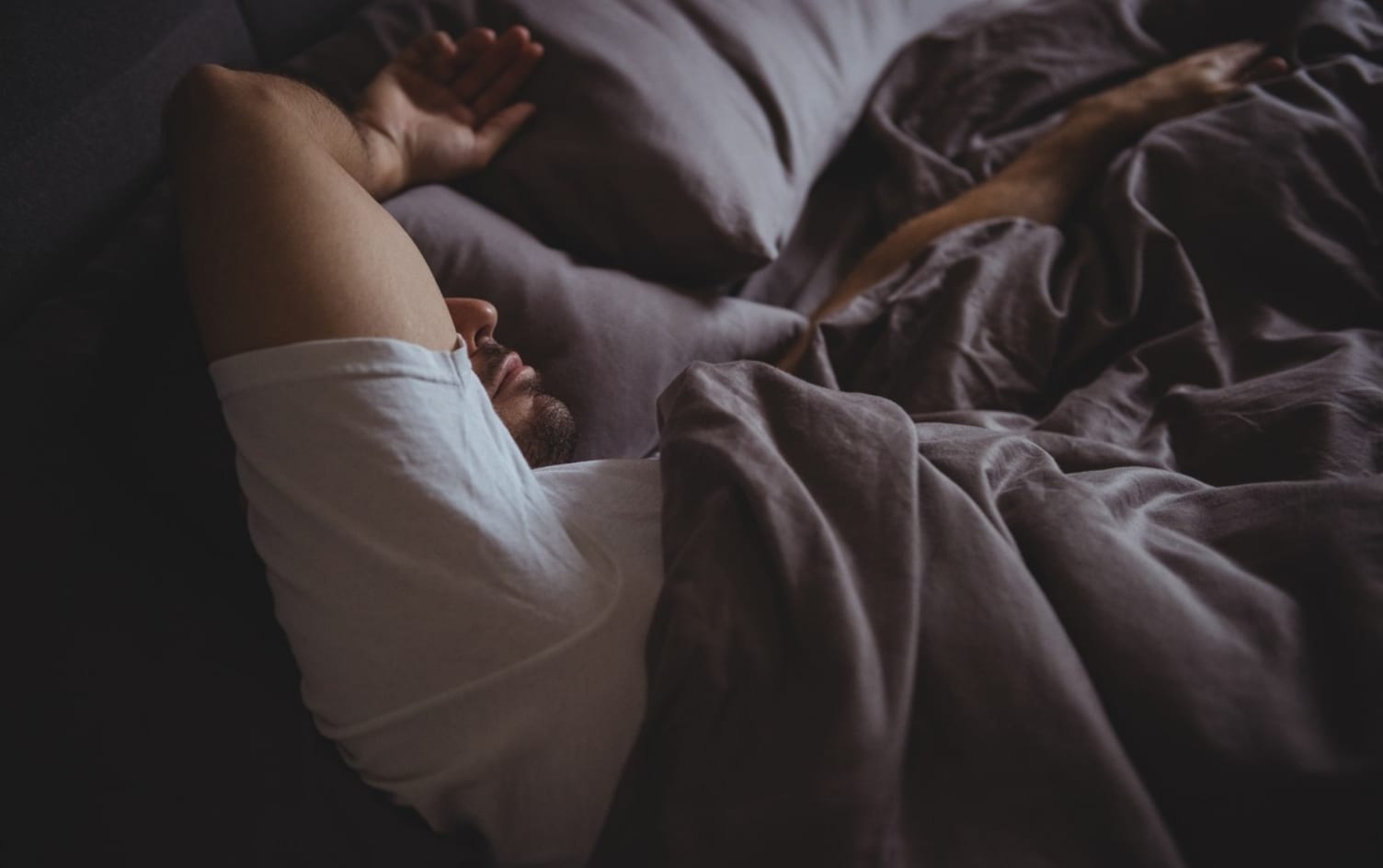Quality shuteye is getting more attention than ever before. “Sleep is now considered the third pillar of wellness to go along with diet and exercise,” says Bill Fish, co-founder of Tuck and a certified sleep science coach. Practicing good sleep hygiene, or paying attention to what you do before you go to bed, is one of the most commonly cited ways to get better sleep.
Unfortunately, many people find the recommended practices — like nixing electronics before bed and going to sleep at the same time every night — aren’t exactly practical. So what should you do if every sleep tip you’ve ever heard seems like it just won’t fit with your life? Here, sleep experts share their unconventional and realistic strategies for preparing yourself for bed and getting a better night’s sleep.
WRITE A TO-DO LIST FOR THE NEXT DAY BEFORE YOU GET IN BED
One of the biggest obstacles to sleep is a mind that just won’t be quiet. “When facing problems in life, human instinct is to try to think our way out of it,” explains Andreas Meistad, a cognitive behavioral therapist and founder of Sleepedy.
That’s why writing out whatever’s on your mind, especially tasks you need to complete the next day, can be an effective way to clear your head before bed. “When you write your thoughts down in a to-do list, you are taking a birds-eye view,” Meistad says. “It’s about getting the thoughts out of your mind and into some kind of action.” Once you’ve written your to-do list, set it aside, and let it go for the night — knowing you’re well-prepared for tomorrow.
WAIT UNTIL YOU’RE SLEEPY TO GET IN BED
Having a regular bedtime is considered “good” sleep hygiene. But this isn’t always the case, Meistad says. “If you spend a lot of time in bed tossing and turning, you will eventually start to associate the bed with being stressed and frustrated. You are essentially conditioning yourself to be awake by going to bed too early.” If you struggle to fall asleep, consider waiting until you feel ready to go to bed before actually getting under the covers.
WEAR GLASSES
Blue light from electronics is known to interfere with circadian rhythms, or your body’s natural sleep/wake cycles. The classic recommendation is to avoid screens for at least an hour before bed. That’s just not possible for everyone. So what can you do? “Buy a pair of blue-light-blocking glasses and start wearing them a few hours before bed,” suggests Rose MacDowell, chief research officer at Sleepopolis.
“To tone down the wake-promoting light even further, turn on your phone’s ‘night shift’ setting from 10 p.m. until 7 in the morning.” If you want to take it a step further, you can find light bulbs that don’t emit blue light, MacDowell adds. “These have a similar effect to blue-blocking glasses.”
TRY A VISUALIZATION EXERCISE
Another way to clear your head and prepare yourself for sleep is to practice visualization. Picture a parking lot in your mind, suggests Margo Regan, a sleep therapist. Then, imagine putting all problems in your head into this parking lot, where you can pick them up in the morning. “It is sometimes difficult for our brain to switch off because it feels that we need to do all of these tasks right now. This technique lets your brain know that you can pick them up again tomorrow where you left off.”
DO A QUICK CLEANUP
To let go of the day’s chaos and get your mind into a restful state, try cleaning up your living space. “When you sort out things around you, the things in your head get pretty much sorted out, too,” says Julie Lambert, a certified sleep specialist. “I usually clean the mess on my desk and in the kitchen before bed, and then prepare the clothes I am going to wear the next day. This helps me drop off the day’s mental load.”
DON’T WORRY ABOUT NOT BEING ABLE TO SLEEP
If you struggle to fall asleep, this may sound easier said than done. But think about it: “If you try too hard to fall asleep, you get stressed, and you experience something like performance anxiety,” Meistad says. “The brain misinterprets this stress as a mild threat, which of course is detrimental to sleep because you are hardwired to stay awake if there are dangers around.”
One strategy Meistad’s patients find helpful is paradoxical intention: “Relax, close your eyes, but focus on staying awake as opposed to stressing about not sleeping.” Once you stop trying to fall asleep, you’ll find sleep actually comes easier.




